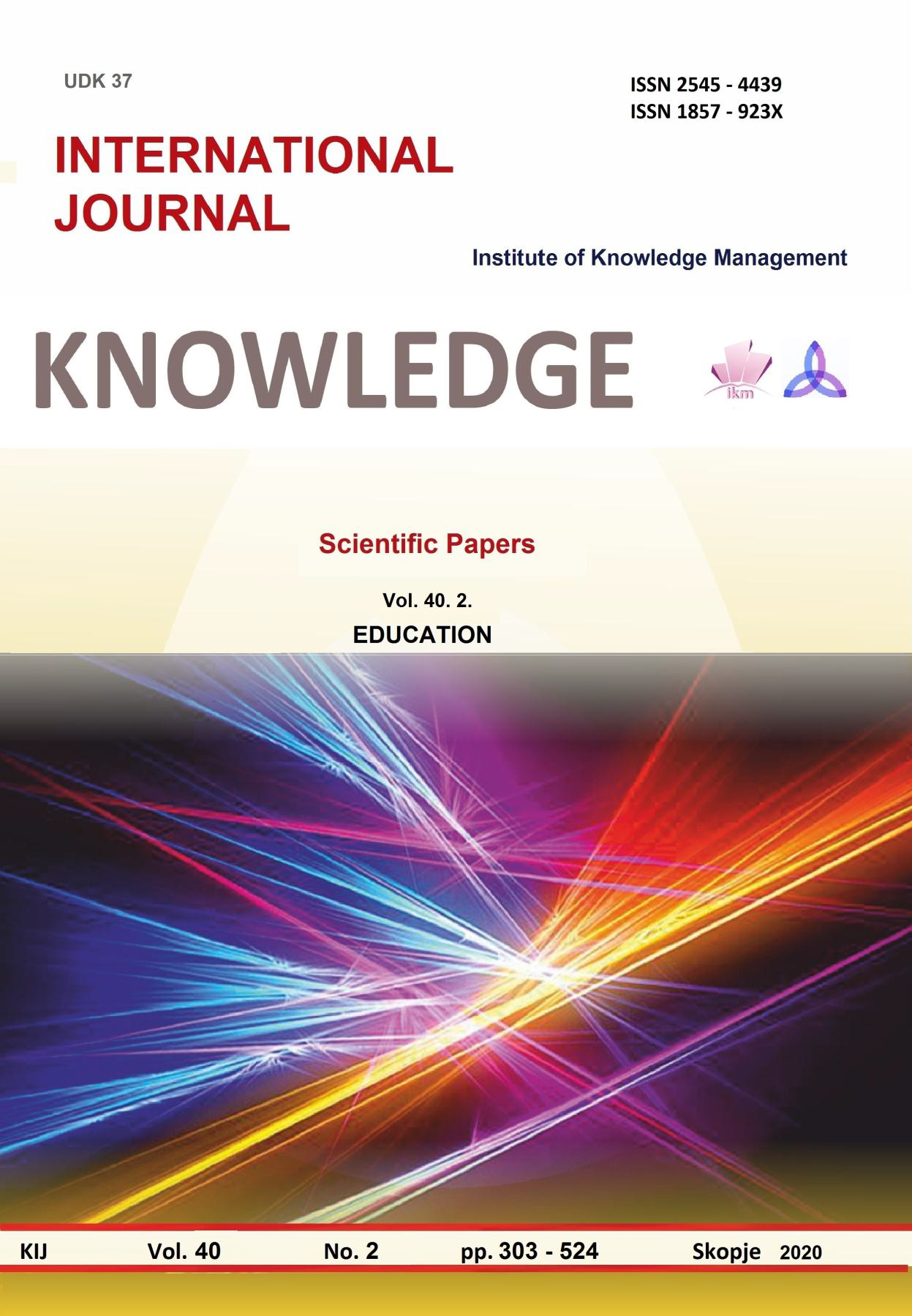METODAT DHE INSTRUMENTET E VLERËSIMIT NË DISTANCË
ASSESSMENT METHODS AND INSTRUMENTS DURING DISTANCE LEARNING
Author(s): Hysen BalajSubject(s): Education
Published by: Scientific Institute of Management and Knowledge
Keywords: assessment; methods; curriculum;distance learning;
Summary/Abstract: Distance Learning in Kosovo in terms of COVID-19 pandemic, led to the idea of organizing distance learning. Given the insufficient time and lack of experience, it must be admitted that this form of learning is faced with unknowns, which should be addressed in a timely manner and adapting context. The purpose of this research paper is focused, to analyze the existing situation and present approaches, methods and assessment tools in distance learning. How much do teachers adhere to student assessment according to competency-based curriculum requirements. At the same time, this paper has two other purposes: to identify creative ways of evaluating students' work forms, and to present an overview of the different ways of assessing and their impact on student motivation, during the learning process in distance. In this research, the method with quantitative approach will be applied due to the circumstances created during the COVID-19 pandemic. The quantitative approach will be realized through the questionnaire with teachers and students, which will be developed through the google form platform. To research and study this problem in the most argumentative way, we will use the following methods: The method of theoretical, comparative and statistical analysis. The research will include a lower secondary school (SHMU) in the municipality of Deçan, with 6-9 level teachers and students. In conclusion, this study aims to help teachers understand correctly the changes in student assessment and to develop skills in implementing distance assessment, as a new and challenging form of time, but necessary for the realization of curriculum-based requirements. . The results obtained from the research will be reflected in ways specified according to the group of questions and according to the group of participants involved in the research.
Journal: Knowledge - International Journal
- Issue Year: 40/2020
- Issue No: 2
- Page Range: 453 - 458
- Page Count: 6
- Language: Albanian, English

